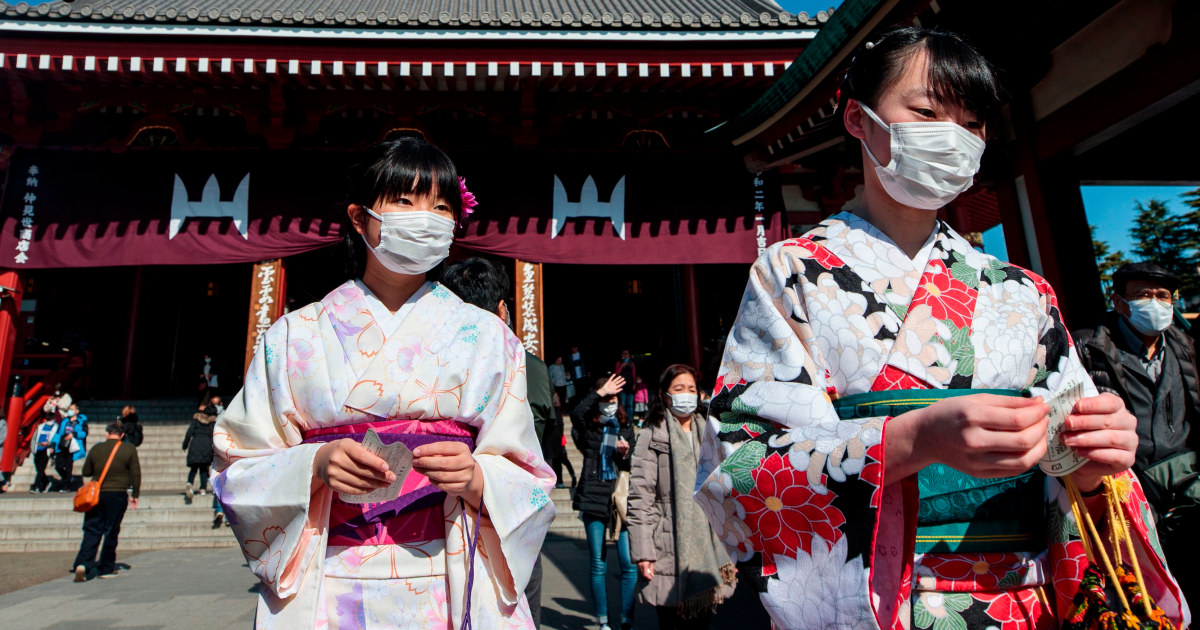
Anti-Japanese hatred appears to be on the rise in China, as the neighbors look to mark a half-century since the normalization of diplomatic ties between Beijing and Tokyo next month.
The public mood in China has turned against even small signs of Japanese culture in the country in recent weeks, from a woman wearing a kimono to conventions for fans of anime.
Anti-Japanese sentiment runs deep in China, where an intensifying nationalism has also emerged as Beijing clashes with the Western alliance of which Japan is a member. Many resent the refusal of Japan’s government to apologize for war crimes during the Sino-Japanese wars and its leaders’ repeated visits to shrines commemorating Japanese war criminals.
Even some self-professed fans of Japanese culture, known in China as “ACG,” an acronym for “anime, comic and games,” are sympathetic to the recent surge of resentment.
“Although personally, my own benefit as an ACG fan has been harmed, I still think some of the arguments make sense,” Xinyu Liu, a 23-year-old graduate student in Chengdu, told NBC News, referring to the recent backlash that led to the cancellation of scores of Japanese cultural events across China.
“In the context where Japan has not yet apologized for its war of aggression against China… this kind of anti-Japanese sentiment that suddenly intensifies every few years is bound to exist for a long time,” he added.
‘You are Chinese’
The most recent flashpoint was a viral video circulating on social media earlier this month that showed a young woman being harassed for wearing a kimono in an area of the city of Suzhou that hosts a number of Japanese restaurants and stores.
In footage uploaded onto China’s internet, a young woman was accosted by an unidentified man who claimed to be a police officer.
“You are Chinese,” a man in a blue shirt yells at the woman wearing a white kimono with pink cherry blossoms, saying he would not be speaking to her in this way if she were wearing Chinese traditional clothing.
He then appears to detain her on charges of “picking quarrels and provoking trouble” — a blanket charge commonly used in China to arrest dissidents and journalists.
A hashtag on the subject was seen a total of 150 million times on China’s microblogging website Weibo.
NBC News has reached out to local authorities but received no response, and has been unable to independently verify details of the incident.
It came at a sensitive time, shortly before the Aug. 15 anniversary of Japan’s announced surrender at the end of World War II. While some online commenters expressed support for the woman and accused the man of overreacting, the incident also led to torrents of renewed anti-Japanese rhetoric online, the latest sign of an intensifying nationalism in a country that is increasingly sensitive to narratives that counter Beijing’s.
“[W]earing kimonos should not be banned in our society… but when someone wants to wear a kimono, I would advise them to be aware of their surroundings to avoid upsetting those around them,” Hu Xijin, a nationalist public commentator and former editor of state-backed tabloid The Global Times, wrote on Weibo earlier this month.
Nationalistic hatred also flared up last month after the discovery of the worship of Japanese war criminals at a Chinese temple in Nanjing, a city central to Chinese animosity toward Japan.
Source: | This article originally belongs to Nbcnews.com









